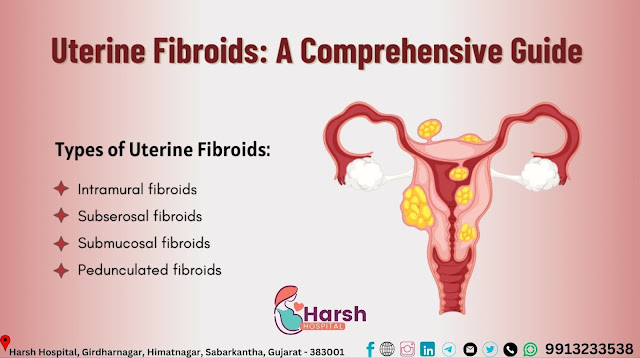 |
| Dysmenorrhea: Understanding Menstrual Cramps – Causes, Symptoms & Treatment |
Menstrual cramps, also known as dysmenorrhea, are a common yet often debilitating experience for many women. While mild discomfort is normal, severe cramps can impact daily life. Understanding the causes, symptoms, and treatment options can help manage this condition effectively.
📌 What is Dysmenorrhea?
Dysmenorrhea refers to painful menstrual cramps that occur before or during menstruation. There are two types:
🔹 Primary Dysmenorrhea – Pain due to normal uterine contractions, usually starting in adolescence.
🔹 Secondary Dysmenorrhea – Caused by underlying medical conditions such as endometriosis, fibroids, or pelvic inflammatory disease.
📍 Common Symptoms of Menstrual Cramps
🩸 Throbbing or cramping pain in the lower abdomen
🩸 Pain radiating to the lower back and thighs
🩸 Nausea or vomiting
🩸 Headaches or dizziness
🩸 Diarrhea or bloating
🩸 Fatigue and weakness
If these symptoms interfere with daily activities, seeking medical attention is crucial.
🔍 What Causes Severe Menstrual Cramps?
🚺 Excessive Prostaglandins – Hormones that cause uterine contractions leading to pain.
🚺 Endometriosis – Tissue similar to the uterine lining grows outside the uterus.
🚺 Uterine Fibroids – Noncancerous growths in the uterus.
🚺 Pelvic Inflammatory Disease (PID) – Infection affecting reproductive organs.
🚺 Cervical Stenosis – A narrow cervix restricting menstrual flow.
💡 Effective Treatments for Dysmenorrhea
✅ Pain Relievers – NSAIDs like ibuprofen help reduce pain.
✅ Heat Therapy – Using a heating pad relaxes uterine muscles.
✅ Exercise & Yoga – Improves blood flow and reduces cramps.
✅ Dietary Changes – Avoid caffeine, alcohol, and processed foods.
✅ Hydration & Herbal Teas – Chamomile and ginger tea help ease pain.
✅ Hormonal Therapy – Birth control pills or hormonal IUDs may regulate periods.
✅ Medical Treatments – In severe cases, surgical options like laparoscopy may be required.
🏥 When to See a Doctor?
If menstrual cramps:
🔴 Are severe and persistent
🔴 Don’t improve with pain relief methods
🔴 Are accompanied by heavy bleeding or clotting
🔴 Affect daily activities
📢 Harsh Hospital, Himatnagar, provides expert gynecological care for period-related concerns. Our specialists offer personalized treatment plans for managing dysmenorrhea.
📞 Book a consultation today!
📍 Visit Us: Harsh Hospital, Himatnagar









